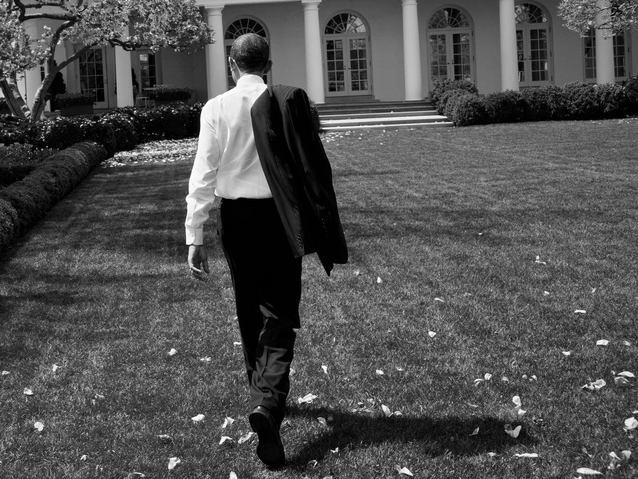The Protesters’ Cry for Freedom
Amy Payne /
The international scene in the past couple of weeks was supposed to be a smiling gathering of nations for the Olympics. That has been overshadowed by violence in Ukraine and Venezuela, where protesters are demanding leadership that would address their concerns of freedom, both personal and economic.
Where is President Obama?
Nile Gardiner, director of Heritage’s Margaret Thatcher Center for Freedom, observes:
The leader of the free world has been largely invisible as Ukrainian demonstrators are ruthlessly picked off by government snipers and left for dead, while Russian President Vladimir Putin vows that Ukraine will remain in Russia’s orbit.
Obama’s approach to foreign policy, which Heritage experts have described as a “radical departure” from previous presidents, has relied heavily on international institutions and summits to address problems.
“This flawed approach, with a fundamental rejection of the notion of American exceptionalism, is amply on display over the Ukrainian crisis,” Gardiner says. “The Russian reset has spectacularly backfired, resulting in staggering complacency in Washington over Ukraine and Moscow’s ambitions.”
And just what are Moscow’s ambitions? Heritage’s Peter Brookes says Putin has several methods at his disposal for keeping Ukraine close:
Now we’re not talking about Russian tanks rolling into Ukraine. Rather, financial weapons such as energy deals and foreign aid are the likely instruments of this political warfare. Ukraine’s economy is weak and a convenient point of leverage for influencing Kiev.
Putin spent $50 billion on the less-than-strategic Olympics. How much do you think he’d spend to hold on to Ukraine?
Economic crises go hand-in-hand with political oppression and unrest. A quick look at the Heritage/Wall Street Journal Index of Economic Freedom reveals that Ukraine ranks 155th in the world and suffers from corruption and a lack of labor freedom. Venezuela ranks 175th, also corroded by corrupt leadership, and its people essentially have no property rights.
No quick changeover in a country’s leadership can fix these deeply rooted problems. And America’s commitment to economic freedom around the world is vital.
Besides securing freedom for oppressed people, are American interests at stake in these other countries’ turmoil? Heritage experts say most definitely.
Ukraine: “It is in the national interest of the United States to prevent Ukraine from becoming a Russian satellite and a key member of a Moscow-dominated sphere of influence,” says Senior Research Fellow Ariel Cohen. The Obama Administration’s approach—called a “reset” of policy toward Russia—“has done nothing to curb Moscow’s determination to be the bully of the neighborhood,” adds James Carafano, Heritage’s E. W. Richardson Fellow.
Venezuela: “It’s time the Obama Administration woke up and recognized the looming threat in its own hemisphere,” says Heritage’s Ana Quintana. “Not only are the regimes governing the socialist ALBA bloc of Venezuela, Cuba, Ecuador, Bolivia, and Nicaragua hostile to their own people, but they are a danger to the United States.”
Read the Morning Bell and more en español every day at Heritage Libertad.
Quick Hits:
- Here’s what The Washington Post got wrong about the debt limit.
- Watch Senator Ted Cruz (R-TX) explain who he DOESN’T work for.
- Don’t like Common Core? This state representative thinks you need a tin foil hat.
- El Salvador may be about to turn into a gang haven and the whole mess can be laid at the White House’s door, according to Heritage President Jim DeMint.
- Susan Rice says she doesn’t regret her initial statements that the Benghazi attack was caused by a YouTube video.
- Did you know that few people actually raise families on the minimum wage?

